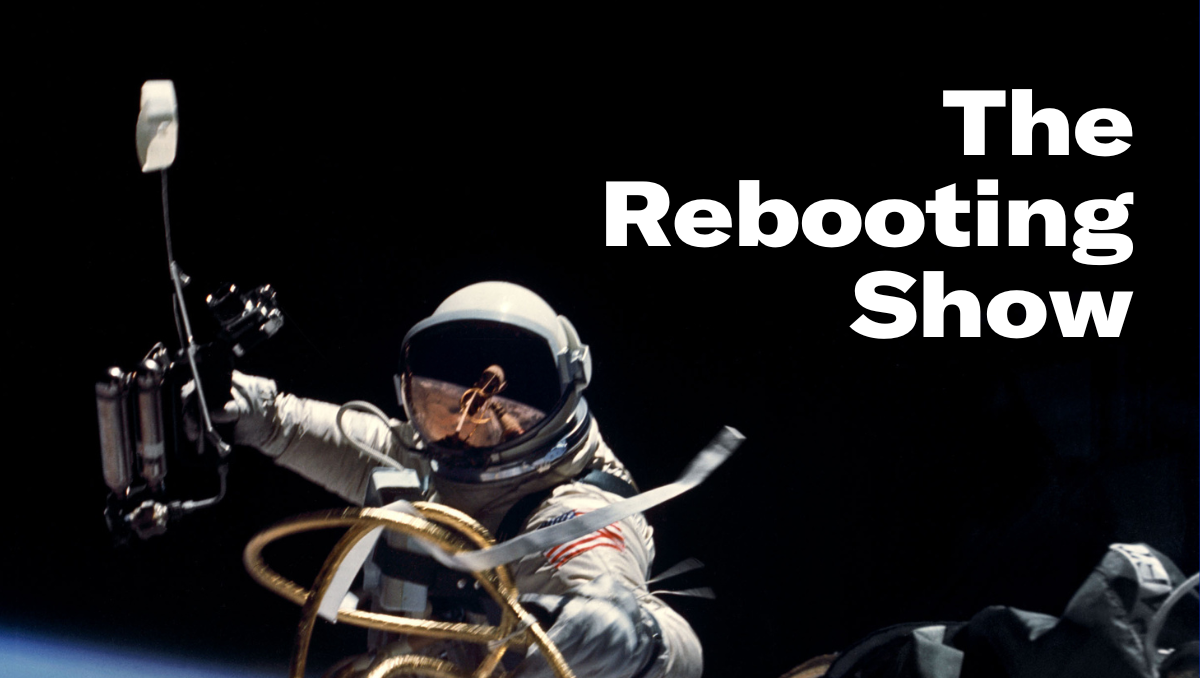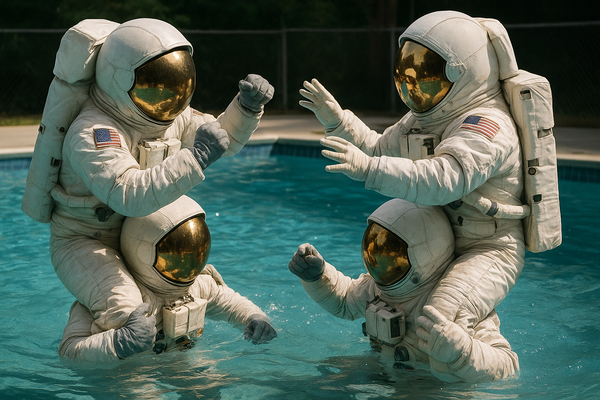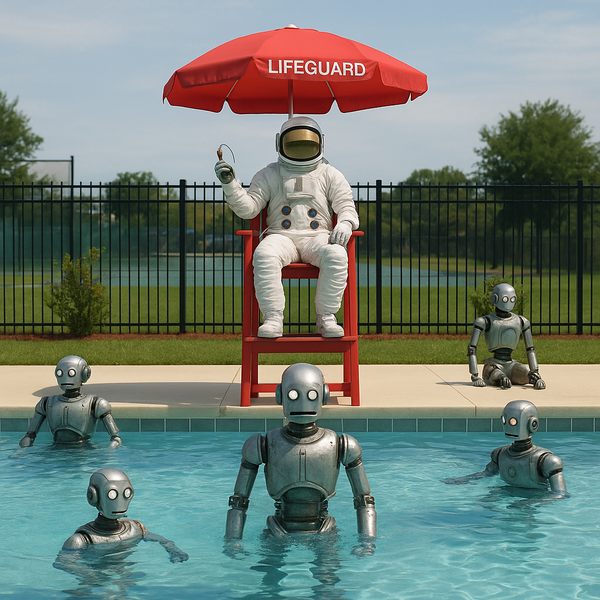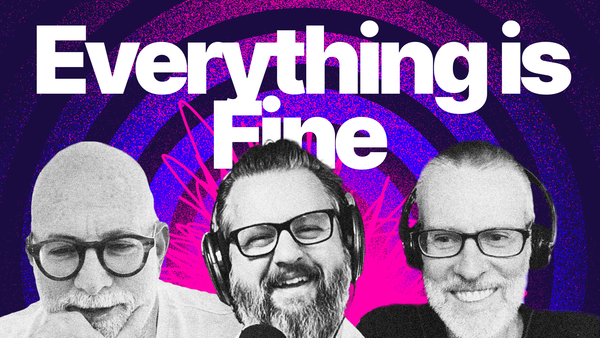The reinvention of Cosmo
Plus: confusion on the Croisette

Reminder: Through a partnership with Subtext, I’m doing text updates all week from out and about in Cannes. Sign up here.
I was asked yesterday if Cannes is still an accurate representation of the media ecosystem. In some ways, yes, and in others, not so much.
The key way Cannes is still representative of the media ecosystem is how it’s a bizarre jumble of different companies from far different sectors. Cannes is always about the meetings, of course, and so you have these people who mill about hotel lobbies or in front of apartment buildings holding little paddles with company names and logos. They are critical to this entire operation. They usher guests up to a suite for a meeting that, truth be told, could have been an email but it has a view of the Med and it’s socially acceptable to have a drink at most any time. (We did admittedly serve mimosas at The Rebooting Show live podcast recording gathering.)
The companies and logos invariably are in tech or increasingly retail. In the lobby of the Hotel Barriere le Majestic, a key node of the Cannes meetings circuit, you enter what is one of Cannes most glamorous hotel to a riot of ads and what can only be described as a homepage takeover from Adobe. Inside, you spy a woman in a red pantsuit with Viant emblazoned down her leg. I wondered immediately if that was extra, because it should be. She mills about with others holding paddles for Walmart’s retail media network and other marketing and ad tech firms.
Creators are front and center more than ever. Google has set up shop with a big beach in Cannes for years. This year, it’s all about YouTube. Cannes has added creators to its programming, although nobody I spoke to planned to attend many, if any, sessions in the Palais.
The fringe events are better, anyway. You can sit on a beach rather than in a dark auditorium, and you will probably be served a rosé on a Monday afternoon. Cannes is leaving too much money on the table with attendees who don’t see the benefits of buying passes. A few years ago, Cannes tried to require official badges to enter hotels for meetings or the ad tech yachts in the marina. That failed. In some ways, the event is a victim of its own success.
The sensible first step is to focus on the supply side and tax those doing fringe events. But overall, it’s better to improve the product. The core Cannes product of awards and typical conference programming is losing out.
Final thought: Yes, AI is being dropped left and right. I’ll have more on this on Thursday.
The reinvention of Cosmo
We held a live recording of The Rebooting Show from the Hearst House in Cannes. I spoke to
Cosmopolitan editor-in-chief Willa Bennett and Hearst global CRO Lisa Howard about how Cosmo is evolving from a magazine and website into a multiplatform brand that aims to establish itself with a new generation as its guide to love and relationships. In this phase, a brand like Cosmo’s social handles on Instagram (4 million followers) and TikTok (890k followers) are just as important as the print magazine, which is now published quarterly.
The days of “50 Ways to Drive him WILD in Bed” are long gone. It’s taking a more nuanced view of love and relationships with projects like the video series Blind Date and Cosmo Sports, a new franchise spotlighting women athletes. We also discussed doing more with less, how Cosmo’s next phase is more about creating IP, custom projects like the resale collab with DePop and events like its partnership with Bumble for the Valentine’s Day Love Ball.
Check out my conversation with Willa and Lisa on various podcast platforms.
Liquid courage
The latest episode of People vs Algorithms digs into Apple’s WWDC and its much-derided liquid design system. Alex calls it a usability disaster that points to how Apple, usually precise, is showing signs of scrambling to regain its edge as it continues to underwhelm on AI. We also get into Warner Bros. Discovery’s unraveling, with Troy mounting a spirited defense of David Zaslav’s strategic unbundling as savvy repositioning, not flailing. Finally, we cover the death of the link economy that’s underpinned the open web and hopes for a taxation system to extract direct payments for using publisher content now that traffic is dwindling. Watch or listen here.
Thanks for reading. Send me a note with feedback by hitting reply.



